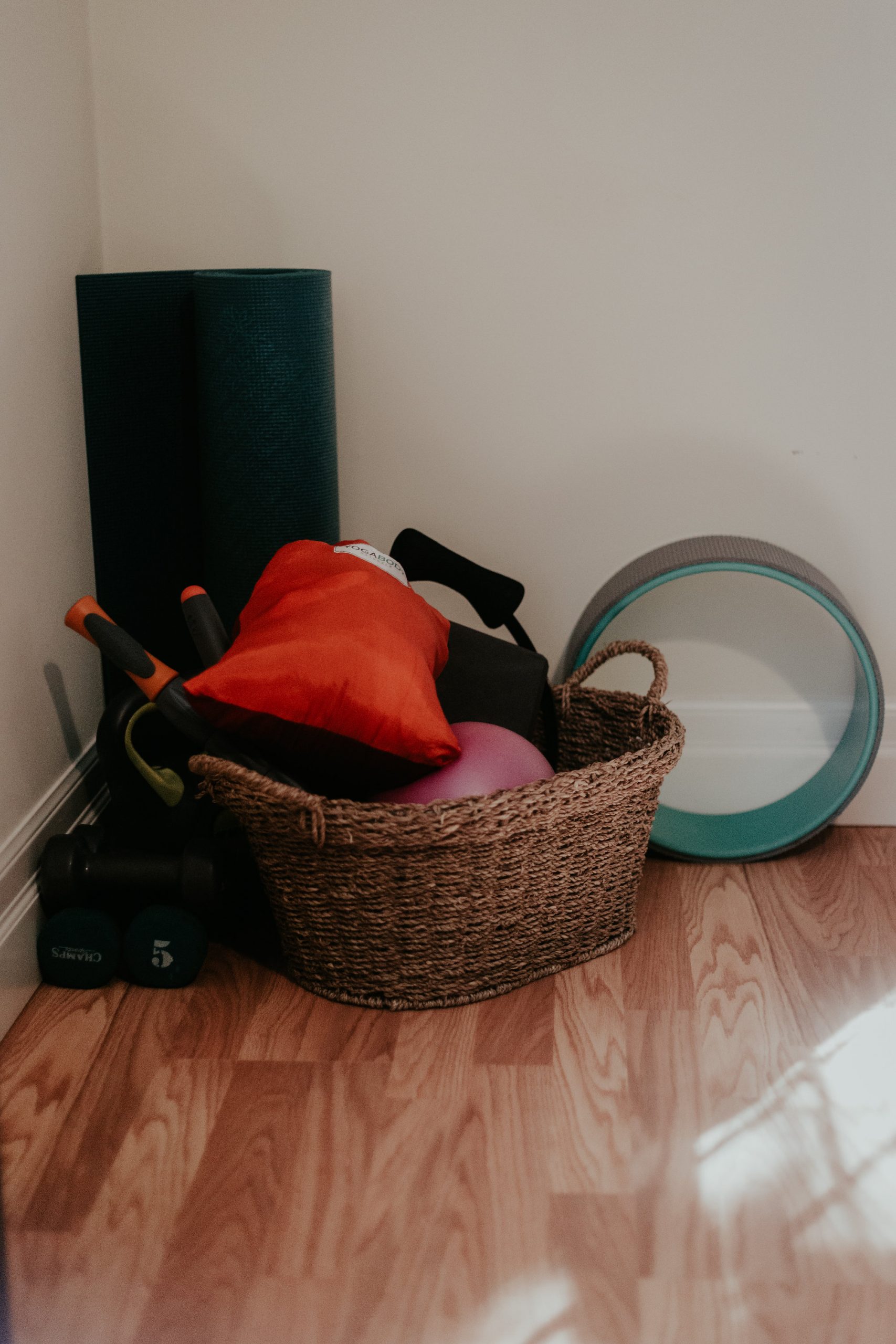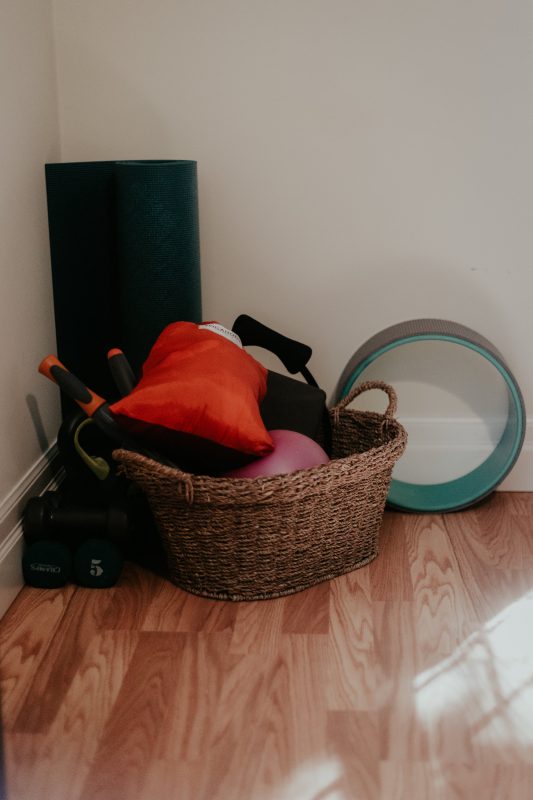Balance for beginners: When it feels like you’re walking on a tightrope


Having a balanced lifestyle is something that is recommended time and time again by doctors, counsellors, family, and friends to those who are struggling with their mental health or time management.
While it might be generally true, I believe that encouraging people to achieve “balance” is the most arbitrary and confusing advice that one can receive. What does it mean to be balanced? Why does one person’s balance not work for another?
Before anyone can have a balanced life, they have to decide what they want a balance between. What are things that take up your time that areis must-haves (work? school? sports?), as well as what are things you want to spend more time doing?
It is crucial to choose things that you genuinely want to spend time doing, not what you think you should spend time doing. And these things can change. If you enjoy reading for a while, but get bored of it and want to dedicate time to something else, make that change or your life will still feel unbalanced.
It can be helpful to put your needs and wants into categories, and make sure that you have one thing from each category every day. And while this might feel daunting, these tasks don’t have to be huge. For me, these categories are work, school, social (if you are in a relationship, I would recommend separating this into two so that you dedicate time to non-partners), emotional, mental, physical, and personal development.
For the tougher days, brushing your teeth might be the only thing that you can manage from the physical category. And maybe mentally, meditating feels too hard or frustrating one day, so you just open your voice memo app and vent for 5 minutes. You don’t have to do the hardest or the most time-consuming thing from each category every day, just something small that can tip the scales a little bit.
It is hard to try new things, start new habits, or re-invent your life when you feel like you are falling every day or when you feel like your cup is empty. And this is a common occurrence when people set their expectations for themselves too high – it is unattainable, so when you can’t do it, you feel like you’ve failed, and because this failure made you unable to do anything from any of the categories, you feel drained, unfulfilled, and unhappy.
Balance doesn’t have to be perfect. It is not a scale with what makes you happy on one side and what is hard or stressful (often work or school) on the other side. Thinking in a metaphor like this can be limiting for many people. Balance is something highly personal, and it is not a dichotomy between good and bad, happy, and sad.
At work, taking a five-minute bathroom break in the middle of your shift to recuperate is enough to create some balance. During your lecture, standing up and stretching for a few minutes is enough to create some balance. It is the accumulation of little things that allows for the establishment of more daunting habits later on.
In a A society that revolves around hyper-achievement, where we are constantly comparing ourselves to people who have the perfect morning routine, study schedule, meal plan, or whatever it may be, can make us feel like we’ve failed if we cannot achieve that idealized version of “balance.”
We need to decide what balance means to ourselves, even if it doesn’t look like someone else’s version of it. By accepting and owning that, we can start to feel a little bit happier and a little more centered.


